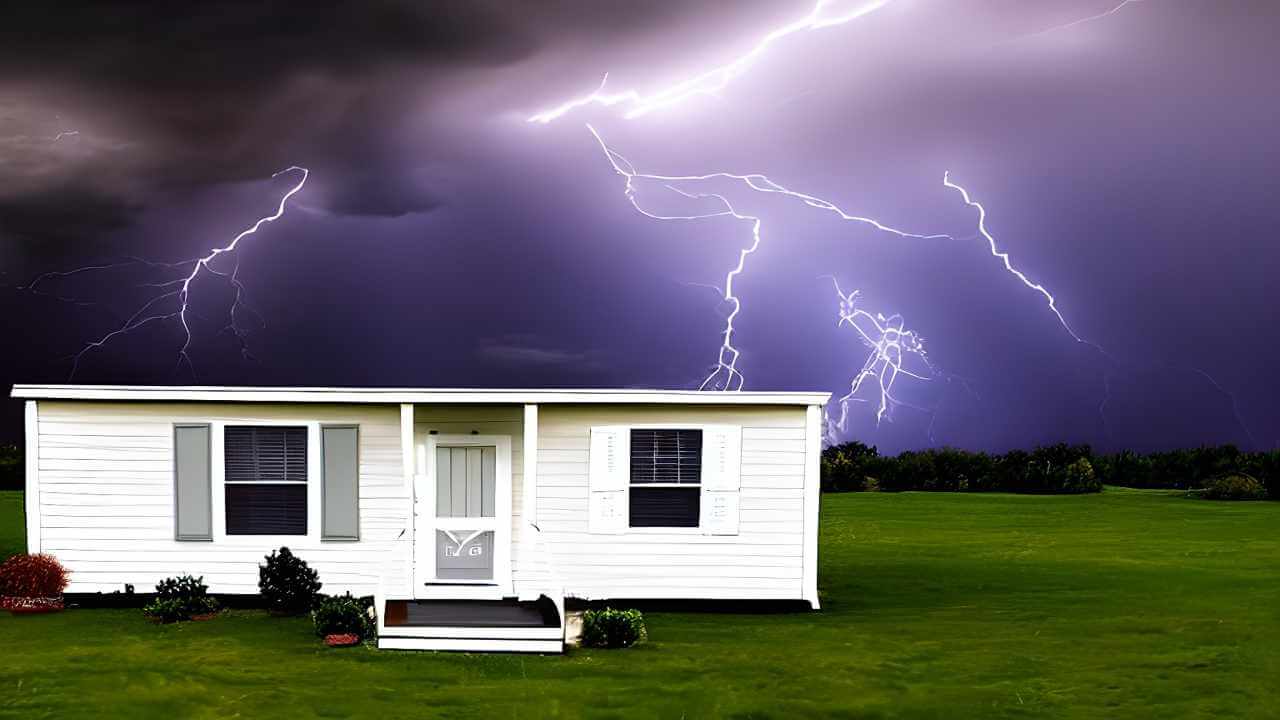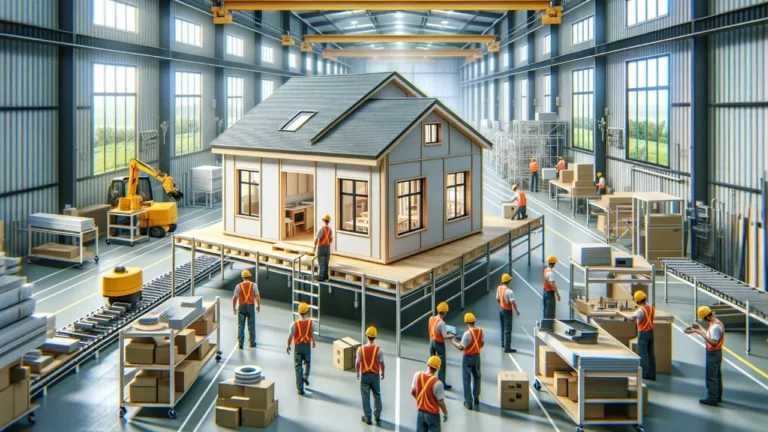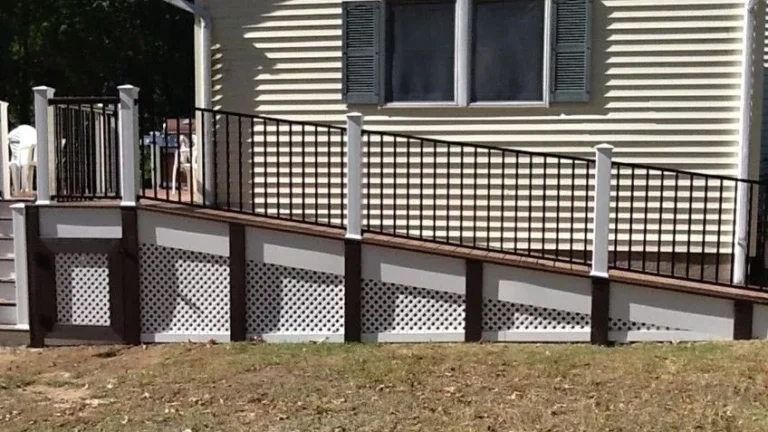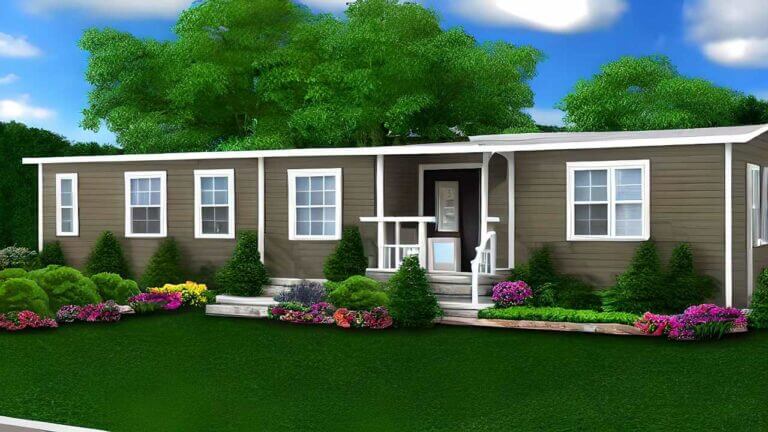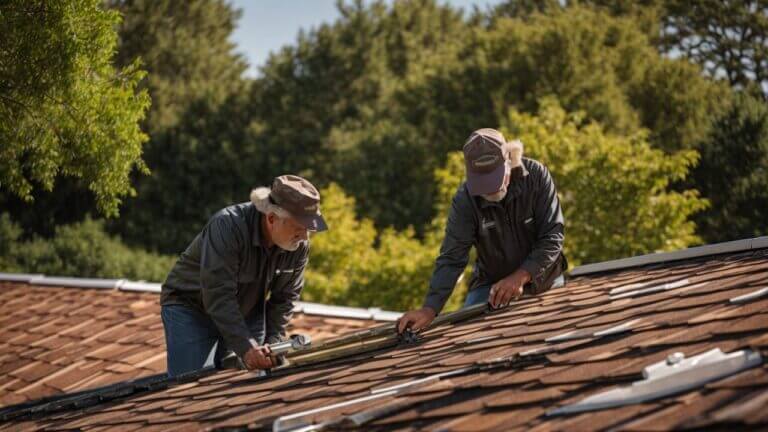Are Mobile Homes Safe To Live In?
Living in a mobile home can be an incredible way to live your life, if you choose the right one! This article will talk about some of the safety issues surrounding mobile homes, as well as what you should do if you find yourself in a dangerous situation.
It is very important to understand the differences between manufactured housing and site-built or stick-on-site houses. There are many companies that manufacture mobile homes that use strong materials and design to ensure safe living environments.
This article will focus mostly on manufactured homes due to their higher numbers than site built ones. However, both types of homes pose similar risks when it comes to safety.
History of mobile homes
Originally, manufactured home owners built their dwellings on wheels so they could relocate them if needed or sell them and take them with them elsewhere. This is how most people know what a modular house is!
These were typically pre-assembled at a factory and then transported to your destination in either a one vehicle tow or along with other cars using trailers. Because these houses do not have solid walls, this allowed for much easier transport and storage than normal building types.
However, due to safety concerns, state laws began requiring that all residences be anchored to the ground. Therefore, companies designed mobile homes with frame components that can fold up and store away while the housing sits on its wheels as a separate unit.
This way it does not need to be stored in a warehouse or towed by a truck, but rather pushed or rolled under a fixed residence which has helped reduce space wasted. These type of homes are still not considered residential buildings however, leaving open spaces for codes to close that gap.
Are mobile homes safe
While some people may consider living in a manufactured home or modular home as less than ideal, they are actually not unsafe at all! In fact, many cities across America even encourage them as an affordable way to live.
Many large corporations that produce these types of homes make sure their products are safety compliant by taking various precautions. These include using materials that are strong and durable, and having reliable waterproofing systems.
These homes also have additional safety features like fire alarms and sprinkler systems which help mitigate risk in case of a disaster. Although they are not considered traditional housing, they are just as secure as any other house!
Sources: https://www.safemovementamerica.org/blog-mobile-home-safety/, http://mobilehomesfortheenvironment.
Can I afford a mobile home
While some may consider living in a mobile home as expensive, it is not! This article will discuss how much it costs to live in a mobile home and what types of mobility they offer.
Many cities have programs that help individuals pay for or even cover the cost of their own homes. These are often referred to as low-income housing options. Many people feel comfortable living in a mobile home due to this fact.
It is important to note that although these homes may be less expensive than buying a land parcel and building an apartment house, they do not give you access to basic amenities such as water and electricity.
These things can sometimes make being away very difficult. It is also hard to estimate how much space you have because there is no fixed address. You will either need to maintain separate bedrooms and living spaces or find ways to use your neighbors’ facilities.
Overall, though, mobile homes are a great option if you want to stay close to family but still have some privacy. They are also durable and relatively inexpensive to fix or replace if something breaks.
Are there regulations in my area
There are no federal safety standards for mobile homes, only state guidelines that vary slightly from one another. Some states require you to have certain amount of floor space per person, while others require specific features or designs.
Many areas do not require any kind of inspections before allowing someone to live in a mobile home, which can make it hard to know if the manufacturer is telling the truth about how safe their home is.
Tips for mobile home safety
The term “mobile homes” typically refers to houses that are built on wheels and have attached or detached wheels. Therefore, they can be moved easily if you want to find more open space for your family.
However, this also makes them less stable than traditional house designs. Because of this, special precautions must be taken when living in a mobile home.
Fortunately, these tips will help keep you safe! Read on to learn all about them. You may just find yourself moving into a mobile home one day.
1) Check under your car for loose gravel before pulling out
This is very important because most people do not check their cars after leaving a mobile home park. If there is any gravel left behind, it could cause an accident later when you attempt to back up or leave the lot.
2) Make sure doors and windows are locked properly
It does not make sense to spend money buying furniture or belongings for your new home, then having someone break in and take what they need. This happens too often in mobilehome parks where residents do not lock their doors or windows at night.
3) Use caution while walking around outside
The terrain in a mobile home community can vary greatly. Some areas might have tall grass or steep hills which could hurt you due to exposure to heavy winds or rain.
Make sure there are not cracks in the foundation
Recent reports have indicated that mobile homes may contain harmful levels of lead. If you currently live in or own a mobile home, make sure it is safe!
Lead can seep into your house through small openings such as windows, doors, and foundations. Even if you believe you have thoroughly cleaned your house after moving, do not assume that everything has been removed.
Check out this article for more information about how to check your home for potential sources of lead exposure.
For most people, the amount of lead present in their blood would need to be very high before having any health effects. However, even low amounts of lead can have serious consequences for children.
Because babies and toddlers’ developing bodies are still growing, they are particularly susceptible to the toxicity of lead.
Check the electrical system
The electricity used for most mobile homes comes from an external power source, such as utility lines or a generator.
However, not all mobile home batteries are created equal! Batteries contain chemicals which react with each other and have unexpected reactions when mixed together.
Some types of chemical compounds cannot be in contact with one another without going through a process called “fusion”. When these chemicals come into close proximity, they fuse together, creating a much larger molecule.
This fusion happens very quickly so it is important to check your battery’s internal components to make sure everything works properly. You should also test the charger that connects to the battery since bad chargers can cause damage to both the battery and the device being powered by it.
Check the plumbing system
Just because they are called mobile homes does not mean that they are totally enclosed. Many have an outside wall or enclosure that is attached to the chassis of the vehicle. This is what people refer to as an extension.
These enclosures can be made out of metal, wood, or other materials and usually have windows for looking inside. What many do not check frequently is if their home has proper working plumbing.
If you look at your house’s water supply line, there should be two distinct parts. One part goes into the ground and one comes up out of the ground. If these do not connect properly, then liquid could leak out and potentially damage surrounding areas.
This could possibly cause serious water damage to floors, walls, and other things in the area. Since mobile homes often sit on lots with houses next to it, this could easily spread onto another property.


